
AeroGenie — あなたのインテリジェントな副操縦士。
現在のトレンド
Categories
Digitizing the Aviation Supply Chain: Moving Beyond Outdated Practices
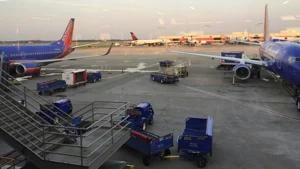
Digitizing the Aviation Supply Chain: Moving Beyond Outdated Practices
The aviation industry, responsible for transporting millions of passengers and vast quantities of cargo daily, remains one of the most heavily regulated sectors in the United States. Despite widespread internet access and advances in artificial intelligence, much of the aviation supply chain continues to rely on paper-based processes, hindering efficiency and innovation.
Legislative Efforts to Modernize FAA Documentation
U.S. Representative Brad Knott (R-N.C.) has highlighted the outdated nature of current Federal Aviation Administration (FAA) procedures, describing the system as “stuck in the 1950s.” Knott, a former federal prosecutor, has introduced the Aviation Supply Chain Safety and Security Digitization Act of 2025, a bipartisan initiative co-sponsored by Representative Hillary Scholten (D-Mich.) aimed at modernizing the FAA’s documentation practices. Knott criticized the overwhelming volume of approval forms that impede progress, calling the system “its own worst enemy.” Scholten emphasized the necessity of trusting digital systems, stating, “If we trust computers to fly planes, we can trust them to store critical paperwork.” She argued that transitioning to digital documentation is essential to prevent counterfeit parts from entering the supply chain and to enhance overall safety.
Challenges and Industry Implications
The transition to a digital aviation supply chain faces significant obstacles. Integrating new technologies with existing legacy systems will require substantial investment, and resistance is expected both within the FAA and across the legislative process. Knott acknowledged the complexities involved in advancing legislation through Congress, noting the difficulties in moving bills from the House to the Senate and ultimately to the president’s desk.
This push for digital transformation coincides with mounting pressures on the global aviation sector. The rapid development of AI and digital tools is reshaping supply chains worldwide, driving demand for greater operational agility and more resilient sourcing strategies. In aerospace manufacturing, digitalization offers potential solutions to labor shortages and the opportunity to create new roles in data analysis, robotics maintenance, and process optimization.
Industry responses to these changes are already taking shape. Companies such as Trax and Aeroxchange are collaborating to enhance supply chain integration, while competitors may seek to bolster their own digital capabilities or form strategic partnerships. The market is poised for increased competition as new entrants leverage digital technologies to disrupt traditional supply chain dynamics. On an international scale, initiatives like Tanzania’s $420 million synthetic fuel project threaten to challenge established players such as Dangote in Africa’s jet fuel market.
Perspectives from Industry Leaders
Knott views the proposed legislation as a critical step toward eliminating inefficiencies that burden both government agencies and the broader economy. He acknowledged the necessity of stringent regulation in aviation, given the catastrophic consequences of failure, but stressed that reliance on outdated systems stifles innovation and hampers the efficient movement of travelers and cargo.
Industry leaders have expressed support for the bill. In a joint statement, Robert Sumwalt, former chairman of the National Transportation Safety Board, and John Porcari, former deputy secretary of the Department of Transportation, described the legislation as a positive development for the sector.
As the aviation industry confronts rising customer expectations and the imperative for greater agility, the shift toward digital supply chain management is increasingly recognized as vital—not only for operational efficiency but also for safety and maintaining global competitiveness.

Expert Predicts Thousands of Passenger and Cargo Drones in Hong Kong Skies Within a Decade
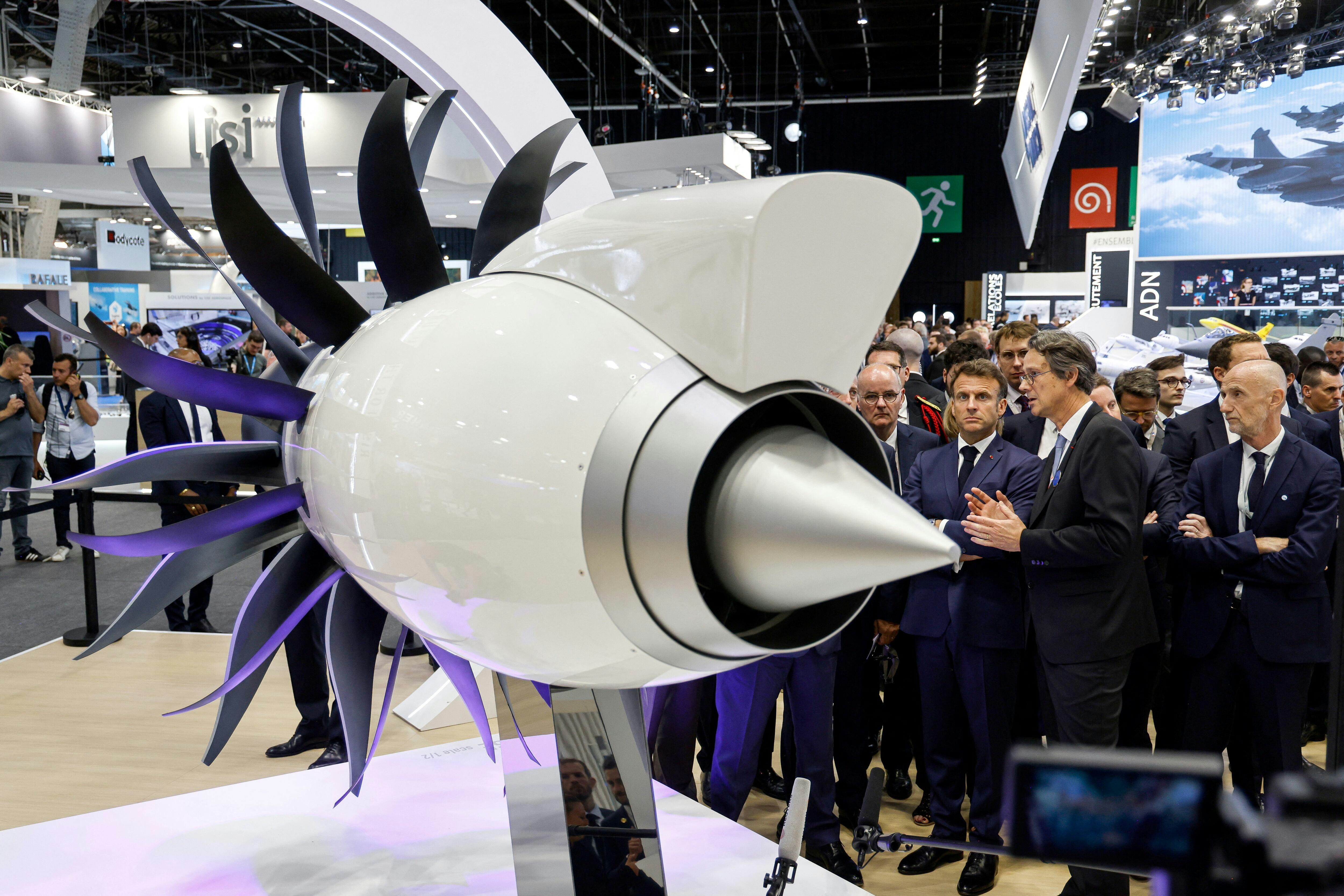
Safran S.A.: Growing Interest from Aviation Experts and Wall Street

Amazon and Boeing Executives Launch Sustainable Aviation Accelerator
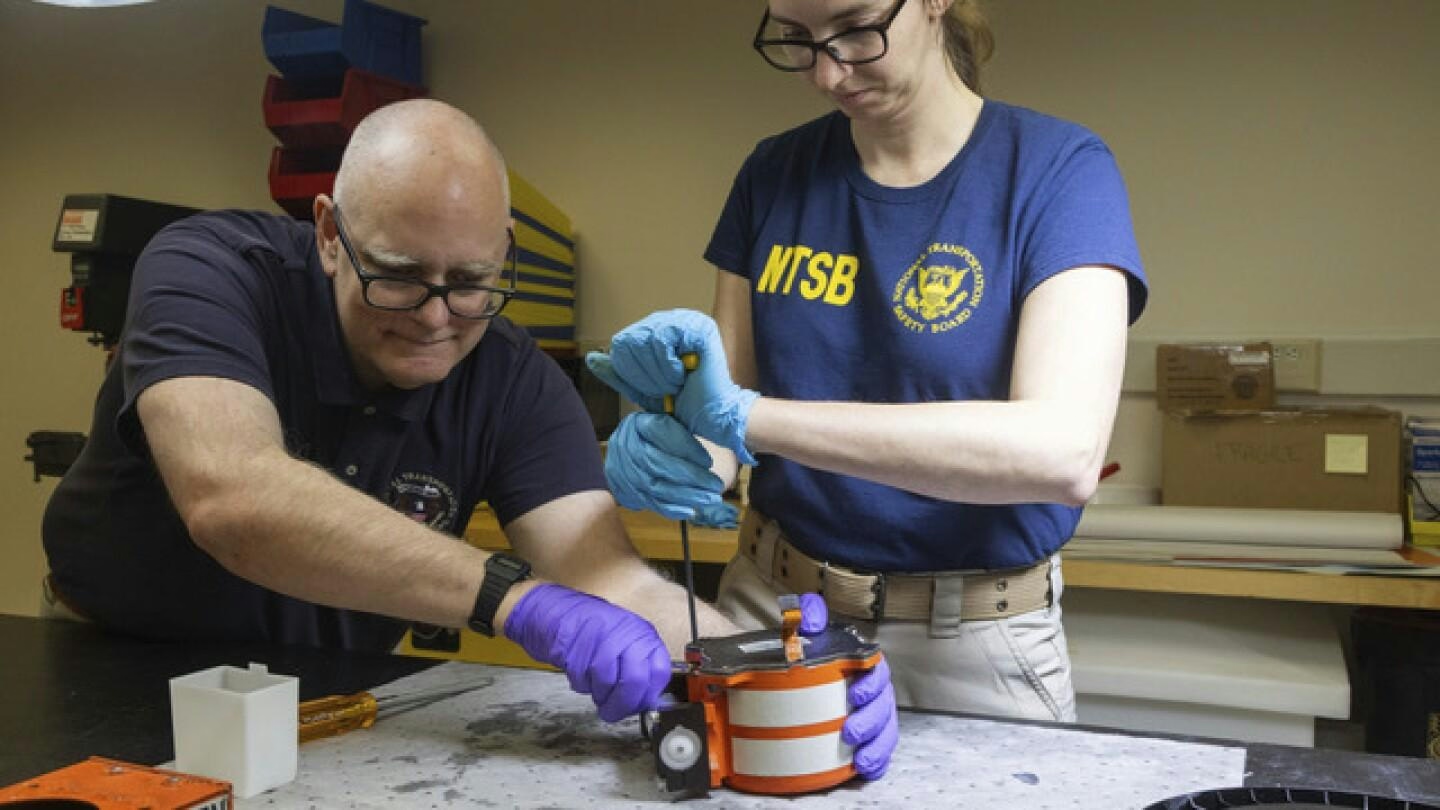
Beyond the Black Box: Why Explainability Is Becoming Aviation’s New Safety Standard

Long-Haul Airlines Transform Business Class on Narrowbody Aircraft
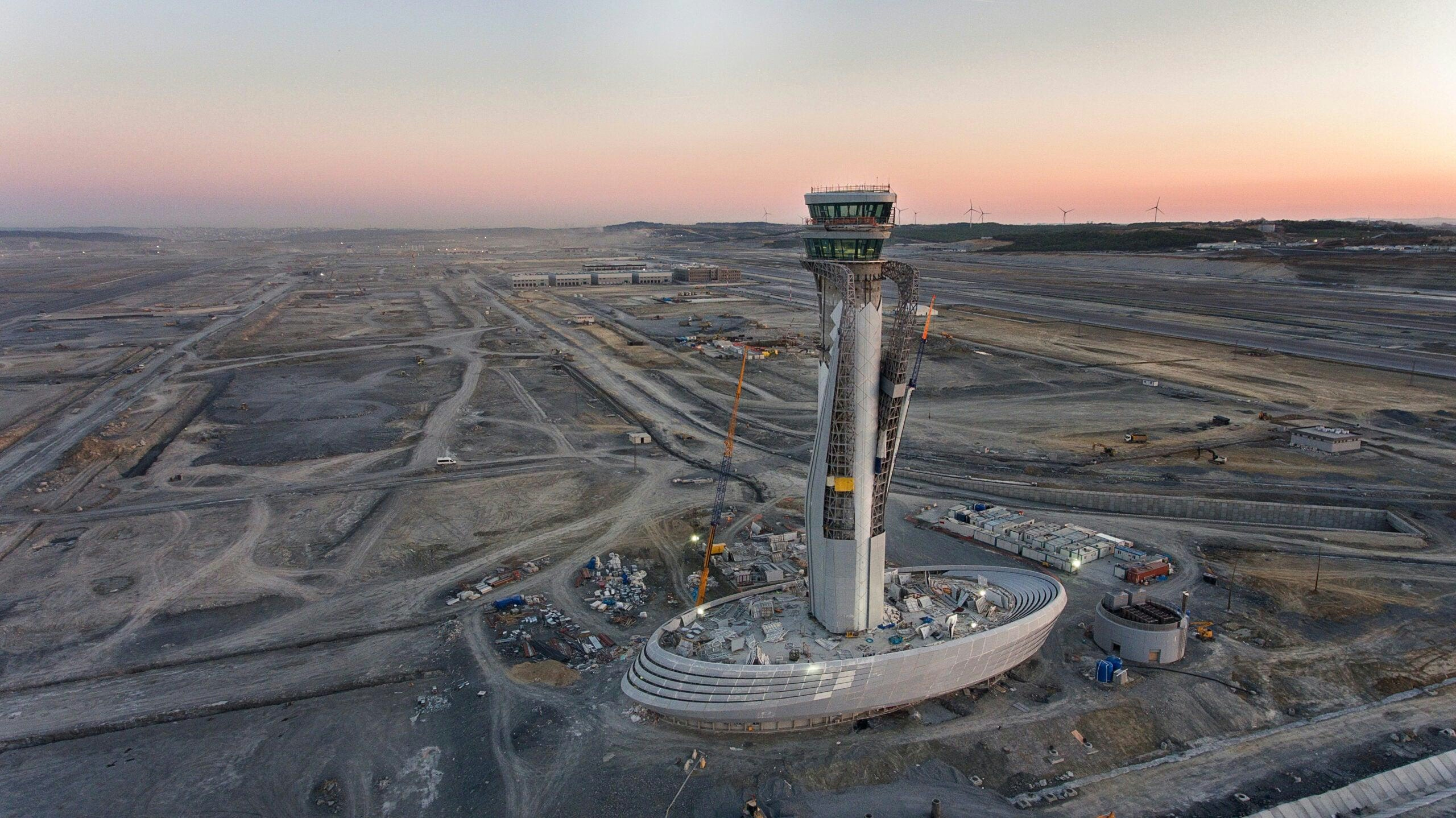
Turkish Airlines invests $2.3bn to expand Istanbul Airport hub
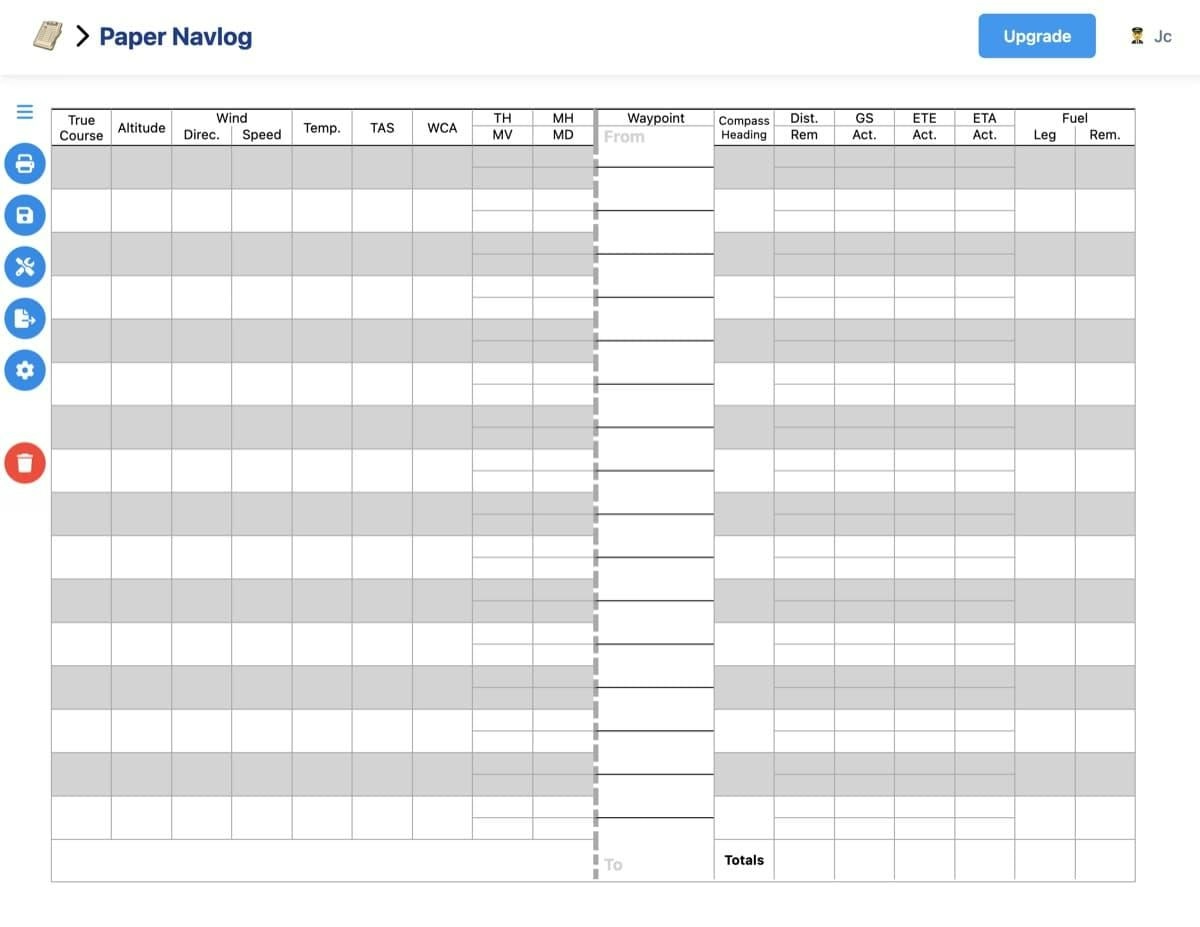
Aviate Software Releases GA Kneeboard

Starlink Expands High-Speed Wi-Fi Service to Private Jets

M1 Support Services Secures $601 Million MRO Contract with U.S. Army
